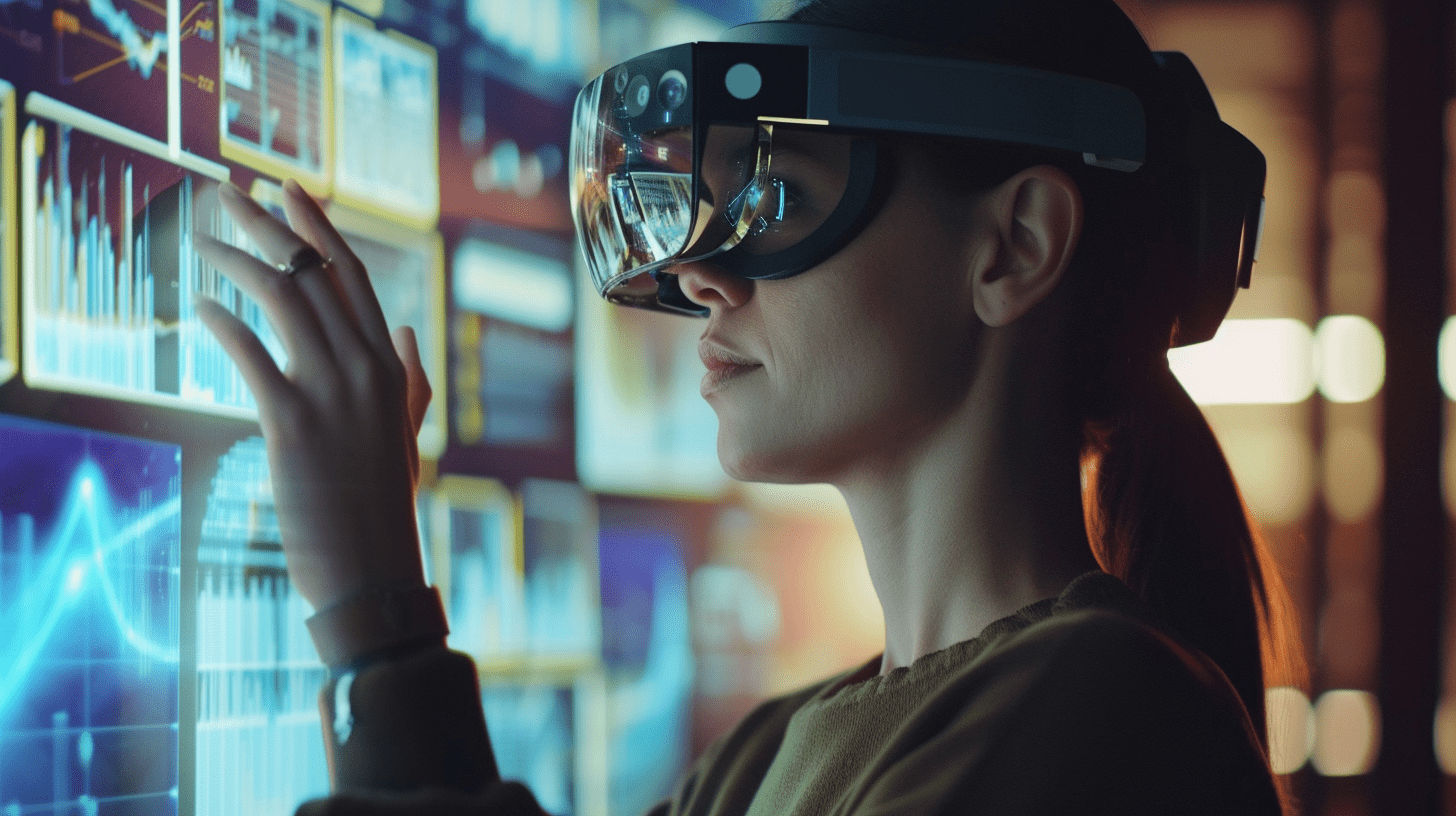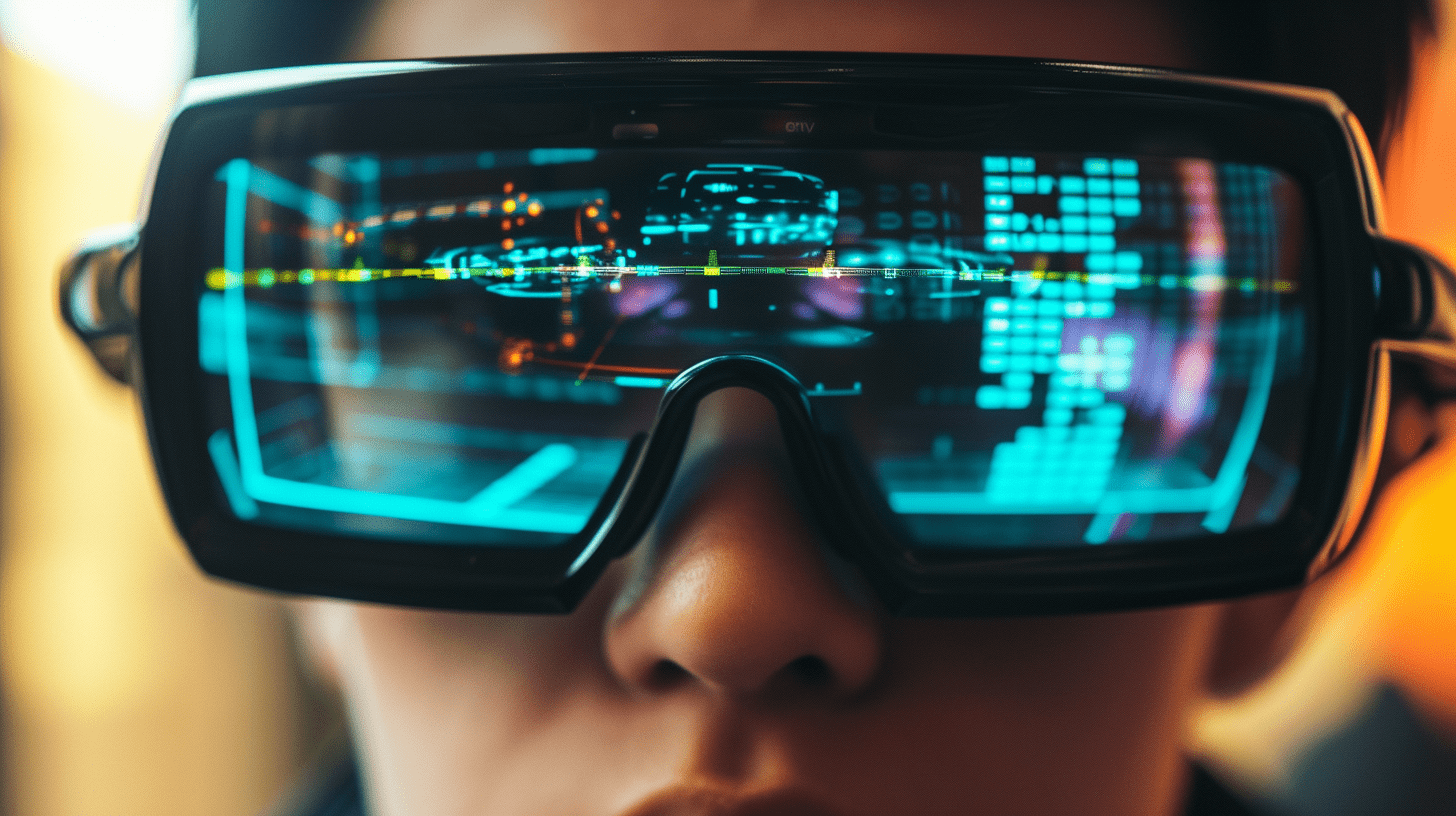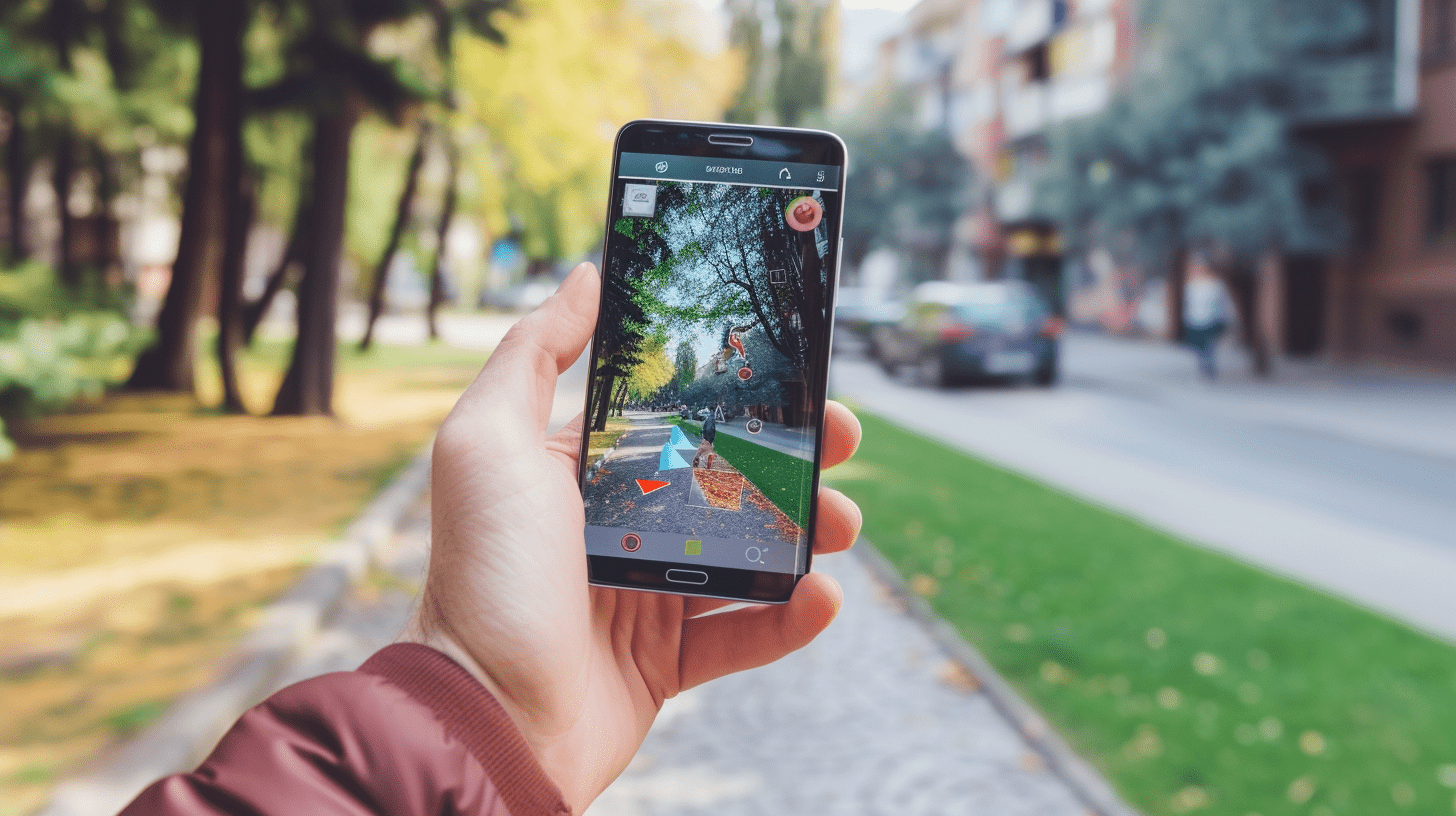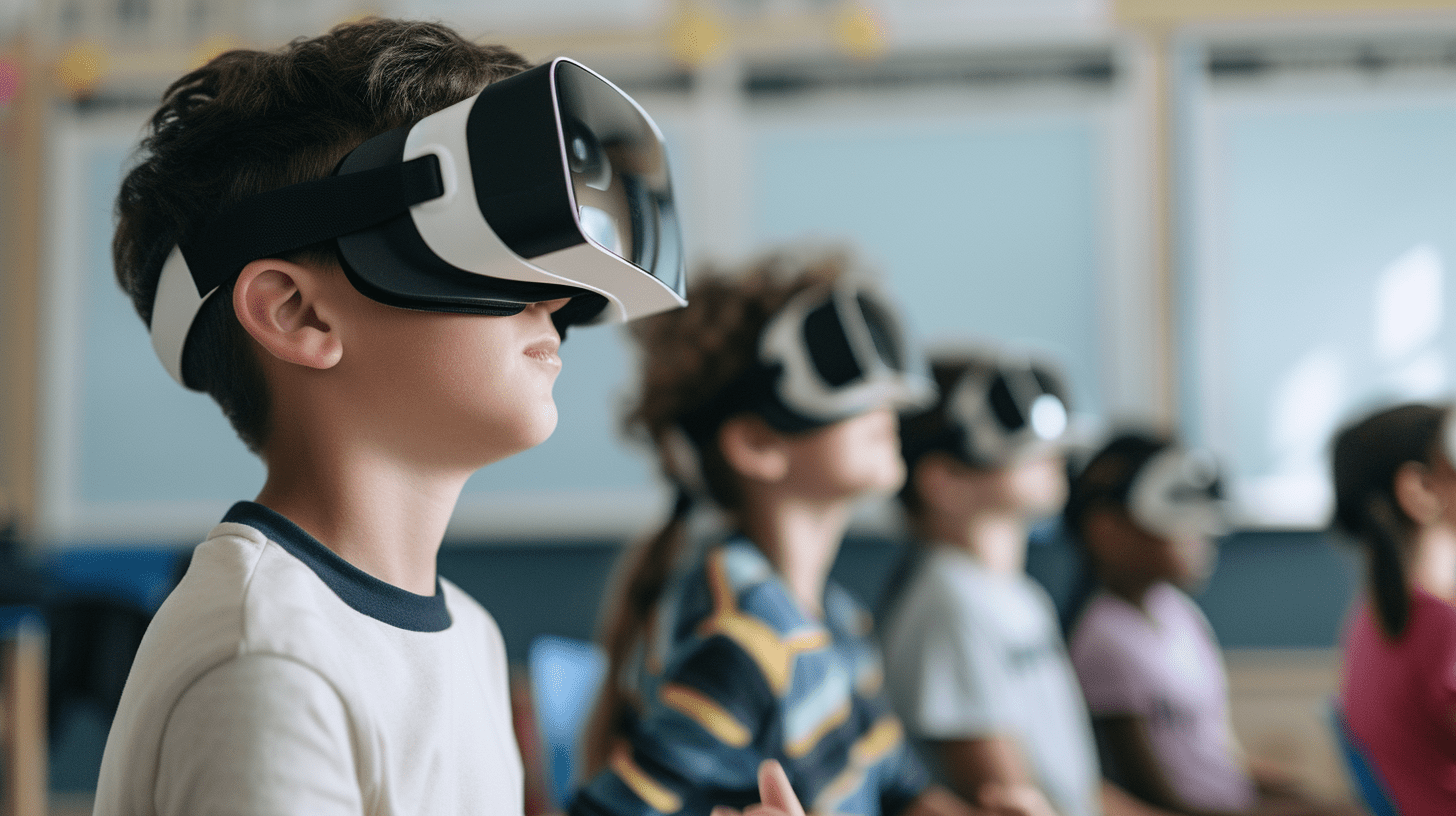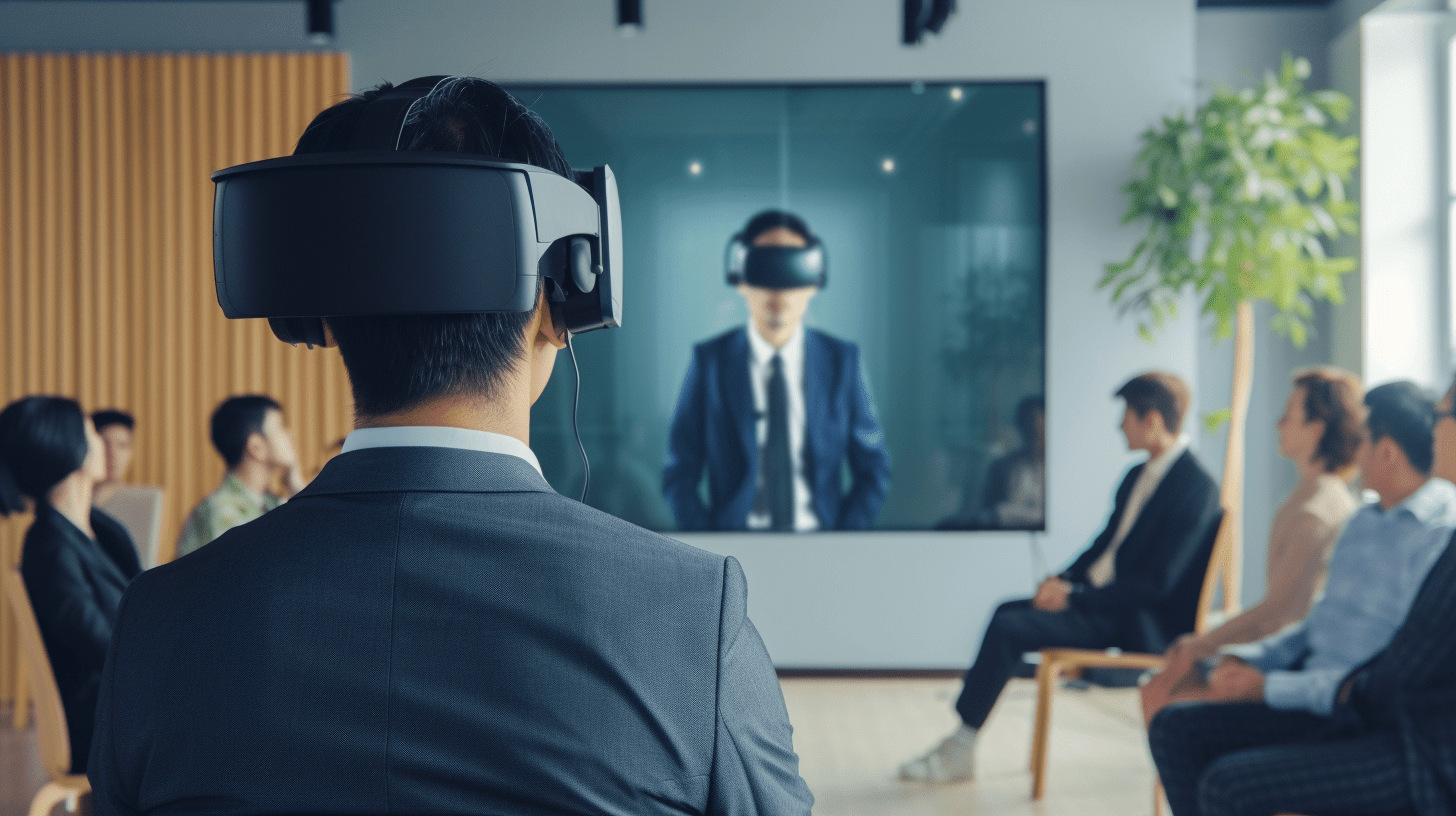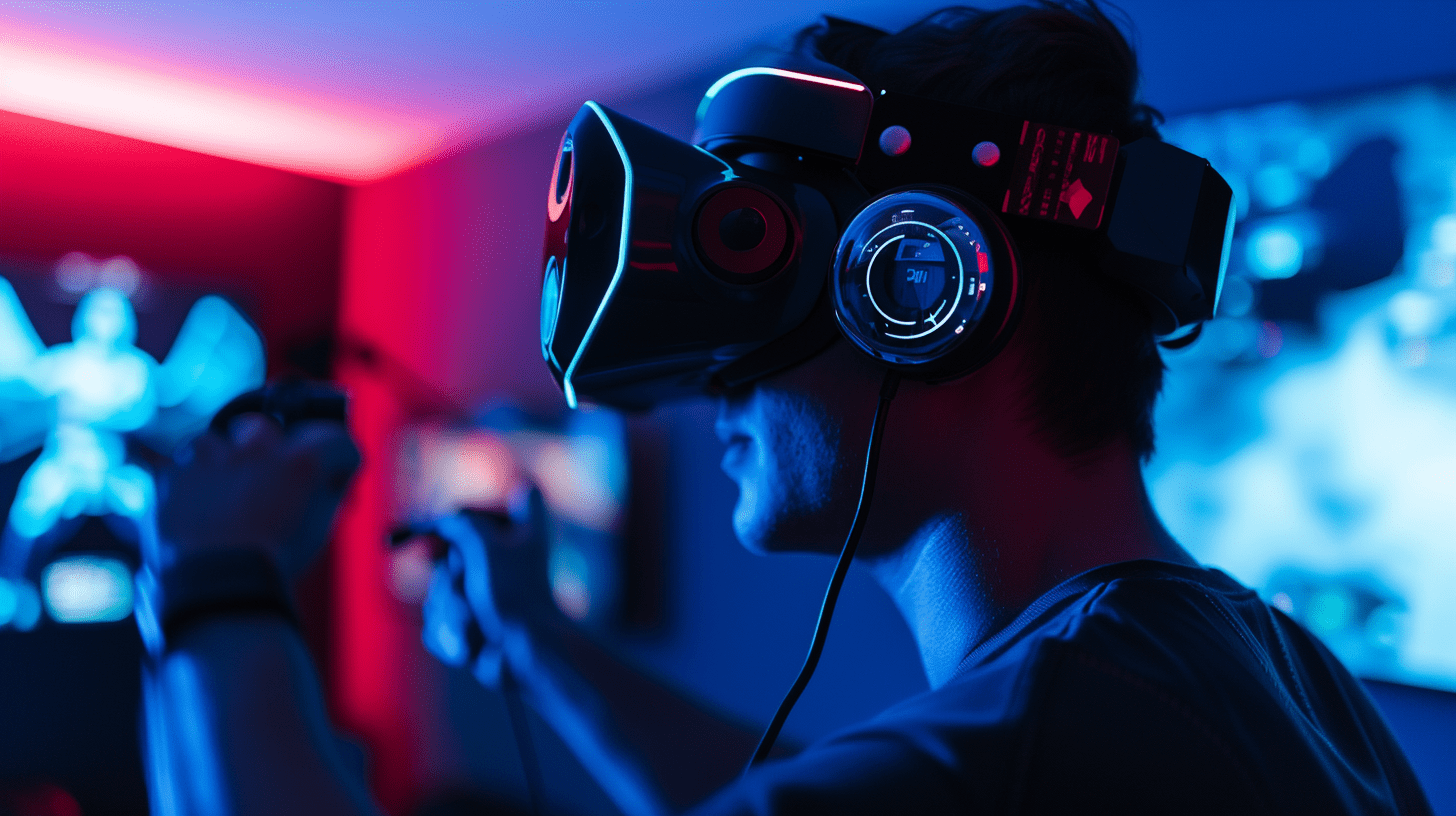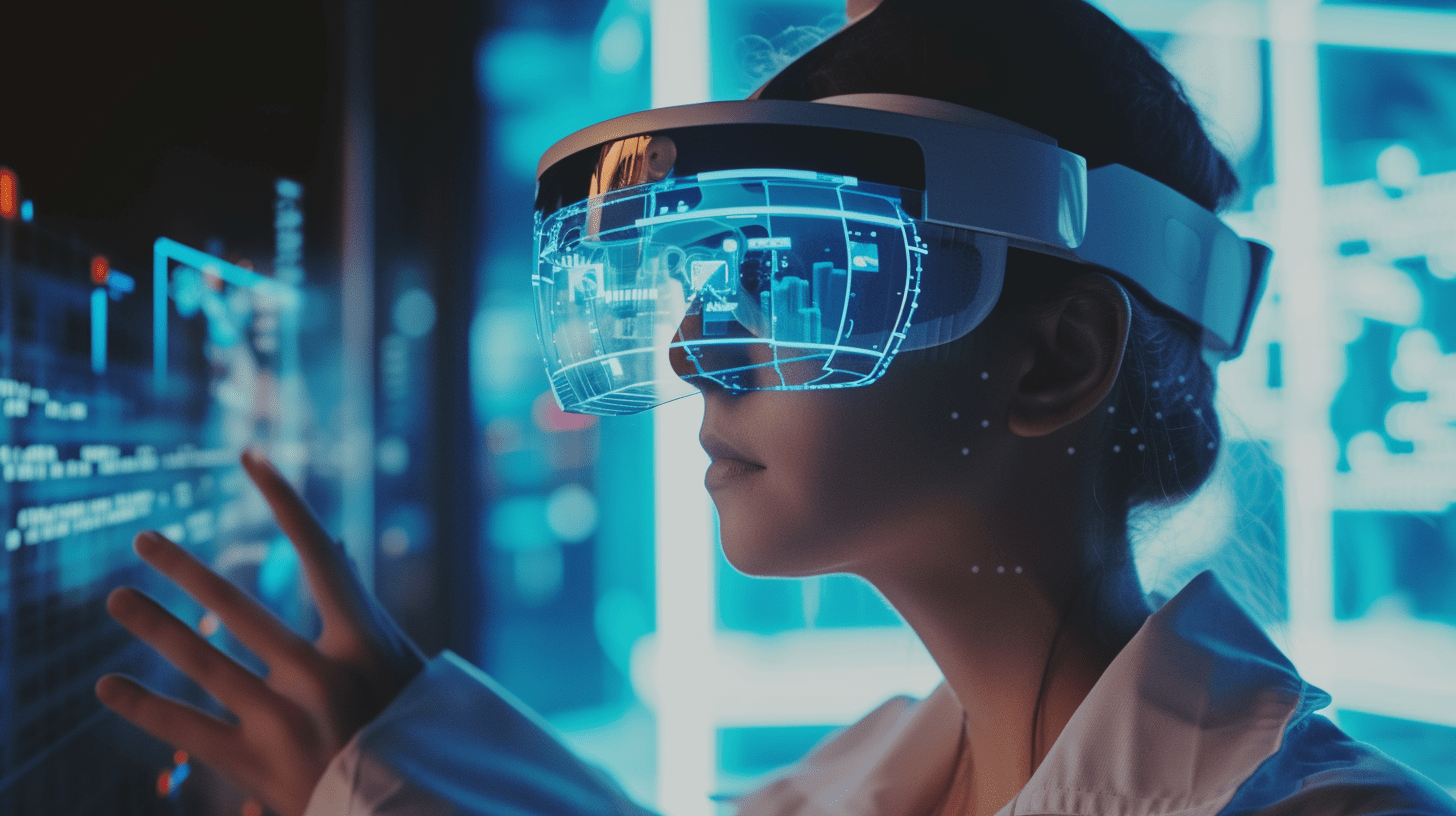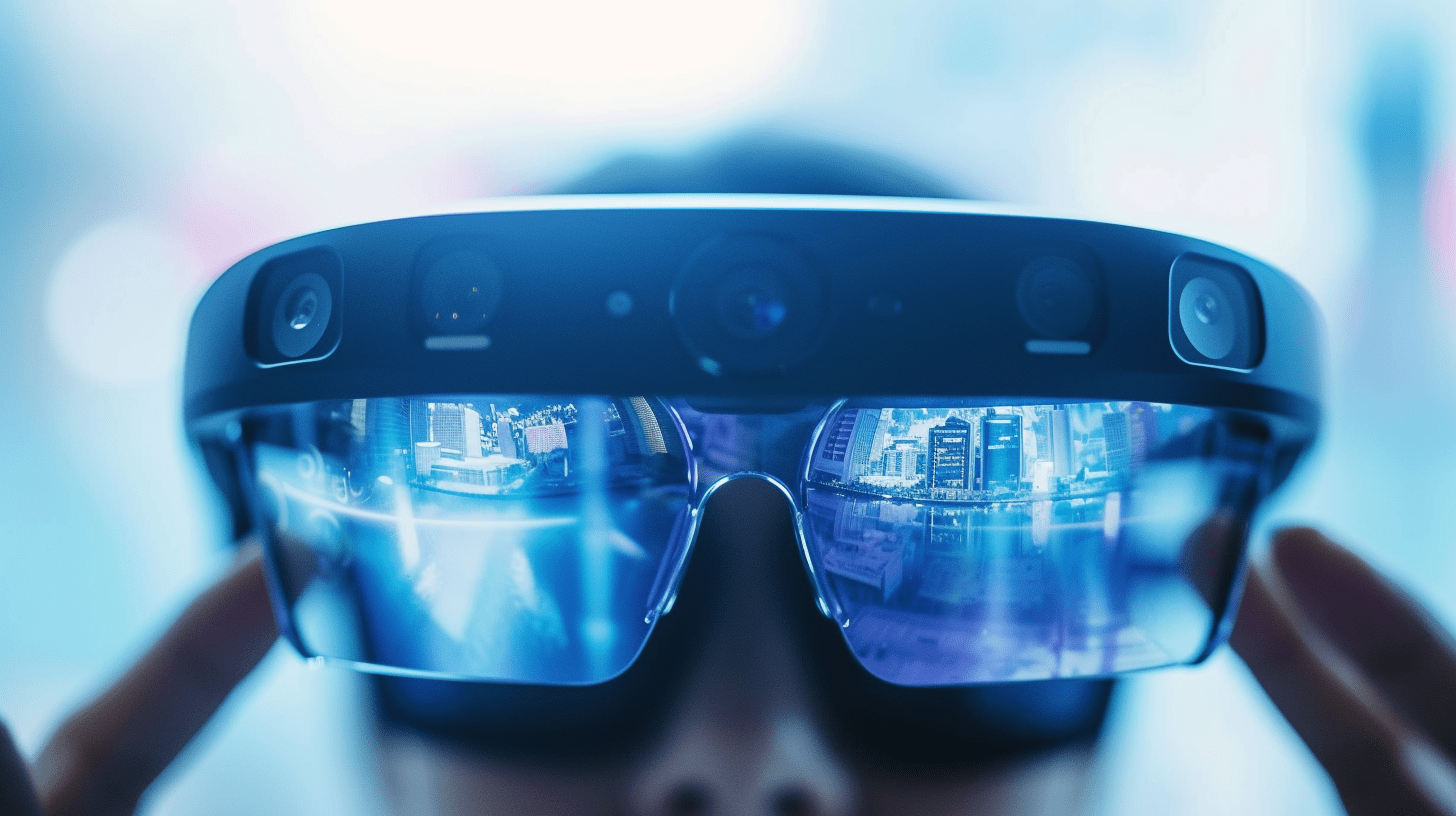
The AR Revolution: 20 Surprising Augmented Reality Statistics You Need to See in 2024
The Augmented Reality market is experiencing explosive growth, with a compound annual growth rate (CAGR) of 46.6%. This staggering figure indicates a widespread adoption of AR technologies across various industries, from entertainment to healthcare and beyond.
If we look back at the last two decades of technological development, there probably won’t be any innovations that have captured the imagination of both consumers and businesses alike like Augmented Reality.
As we start the new year 2024, the augmented reality revolution is in full swing, so what time is best to shed light on the booming Augmented Reality Statistics and its prospects?
As you scroll through…
1. Market Size Explosion
2. Smart Glasses Surge
3. Consumer Adoption on the Rise
4. Mobile AR Dominance
5. Enterprise Embrace
6. Healthcare Revolution
7. Education Transformation
8. Real Estate Visualization
9. Automotive Innovation
10. Cultural and Heritage Preservation
11. AR in Retail
12. AR in Advertising
13. Job Market Impact
14. AR in Sports Entertainment
15. Gaming Revolution
16. Social Media Integration
17. 5G Acceleration
18. Privacy Concerns
19. AR Accessibility Challenges
20. Environmental Impact
1. Market Size Explosion
The AR market is experiencing a meteoric rise, with the global augmented reality market expected to reach $340 billion by 2024, reflecting an impressive CAGR of 42.2%. This exponential growth is indicative of the widespread adoption of AR across various industries.
2. Smart Glasses Surge
Smart glasses are at the forefront of the AR revolution. By 2024, it is estimated that over 150 million units of smart glasses will be shipped globally, marking a significant leap from previous years. This surge is fueled by advancements in design, functionality, and affordability.
3. Consumer Adoption on the Rise
Consumer adoption of AR technology is on the rise, with an estimated 1.7 billion AR users worldwide in 2024. This staggering number emphasizes the increasing integration of AR into everyday life, from shopping experiences to social media interactions.
4. Mobile AR Dominance
Mobile AR is a major player, with over 2.5 billion mobile AR users expected by the end of 2024. The ubiquity of smartphones and tablets has made AR accessible to a vast audience, paving the way for innovative applications in gaming, education, and commerce.
5. Enterprise Embrace
Enterprises are increasingly recognizing the potential of AR, with 70% of Forbes Global 2000 companies expected to integrate AR solutions into their operations by 2024. From employee training to product visualization, businesses are leveraging AR to enhance efficiency and productivity.
6. Healthcare Revolution
AR is making significant inroads in healthcare, with an anticipated 30% annual growth rate in AR healthcare applications. From surgical navigation to patient education, AR is revolutionizing the way medical professionals deliver care and patients engage with their health.
7. Education Transformation
The education sector is experiencing a paradigm shift, with 67% of educators incorporating AR into their curricula. AR enhances learning by providing immersive experiences, making complex concepts tangible, and fostering student engagement.
8. Real Estate Visualization
AR is reshaping the real estate industry, with 61% of real estate professionals using AR for property visualization. This technology allows potential buyers to virtually tour properties, making the home-buying process more interactive and efficient.
9. Automotive Innovation
The automotive industry is embracing AR, with an estimated 20% annual growth in AR applications for vehicle maintenance and repair. AR-enhanced manuals and real-time diagnostics are streamlining the maintenance process, reducing downtime and costs.
10. Cultural and Heritage Preservation
AR is playing a vital role in preserving cultural heritage, with 75% of museums incorporating AR exhibits. This technology allows visitors to engage with exhibits in a more interactive and informative manner, revitalizing the museum experience.
11. AR in Retail
The retail sector is undergoing a transformation, with 55% of consumers expressing a preference for retailers that offer AR experiences. Virtual try-ons, product visualizations, and interactive advertisements are enhancing the shopping journey.
12. AR in Advertising
Augmented reality is becoming a powerful tool in advertising, with a projected 30% increase in AR ad spend by 2024. Brands are leveraging AR to create immersive and memorable advertising campaigns that captivate audiences.
13. Job Market Impact
The AR job market is booming, with a 20% year-over-year increase in AR-related job postings. This surge in demand for AR talent highlights the growing need for skilled professionals in fields such as software development, design, and user experience.
14. AR in Sports Entertainment
Sports entertainment is leveraging AR to enhance fan engagement, with 80% of major sports leagues incorporating AR elements into their broadcasts. Virtual overlays, real-time stats, and interactive fan experiences are elevating the sports-watching experience.
15. Gaming Revolution
The gaming industry is experiencing a revolution with AR, evident in the estimated 300 million AR gamers by 2024. Augmented reality games, such as Pokémon GO, have demonstrated the immense potential for blending virtual and real-world experiences.
16. Social Media Integration
Social media platforms are integrating AR features, with 85% of users engaging with AR content on platforms like Snapchat and Instagram. AR filters, lenses, and interactive stories are redefining the way we share and consume content online.
17. 5G Acceleration
The rollout of 5G is accelerating the growth of AR applications, with a projected 90% increase in AR content consumption on 5G-enabled devices. The high-speed, low-latency capabilities of 5G are unlocking new possibilities for AR experiences.
18. Privacy Concerns
Despite the enthusiasm for AR, privacy concerns persist, with 63% of users expressing worries about data security and surveillance. As AR becomes more integrated into daily life, addressing these concerns will be crucial for sustained user trust.
19. AR Accessibility Challenges
While AR adoption is on the rise, challenges related to device affordability and technical complexity still hinder widespread accessibility. Overcoming these barriers will be crucial to ensuring that the benefits of AR are accessible to all.
20. Environmental Impact
The production and disposal of AR devices raise environmental concerns, with 45% of consumers expressing interest in sustainable AR solutions. As the industry grows, addressing the environmental impact of AR technology will become increasingly important.
Final Thoughts
As we navigate the sea of augmented reality in 2024, the statistics paint a vivid picture of a technology revolutionizing industries, transforming user experiences, and shaping the way we perceive and interact with the world. From healthcare and education to retail and entertainment, augmented reality has transcended its initial boundaries, opening up new possibilities and heralding a future where the physical and digital realms seamlessly converge. As the journey into the AR revolution continues, the surprising statistics of 2024 showcase a technology poised to redefine our reality in ways we could only imagine.

